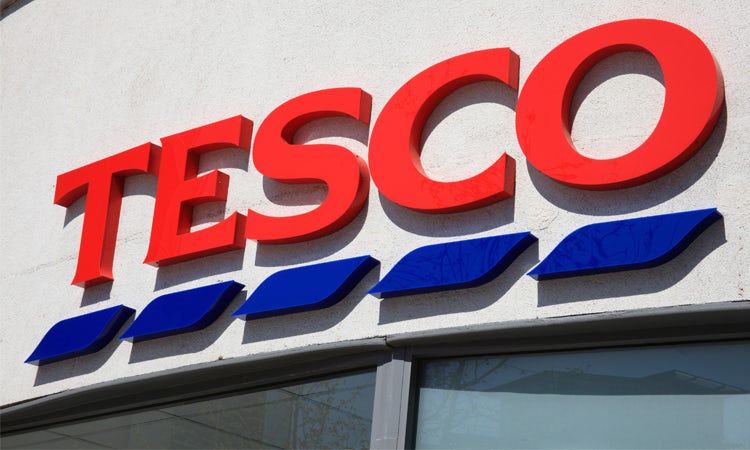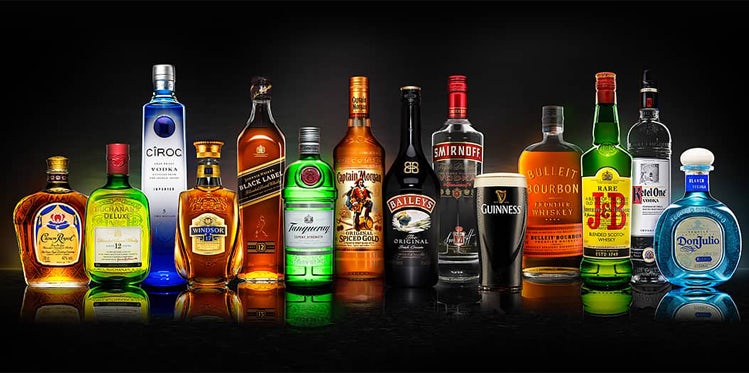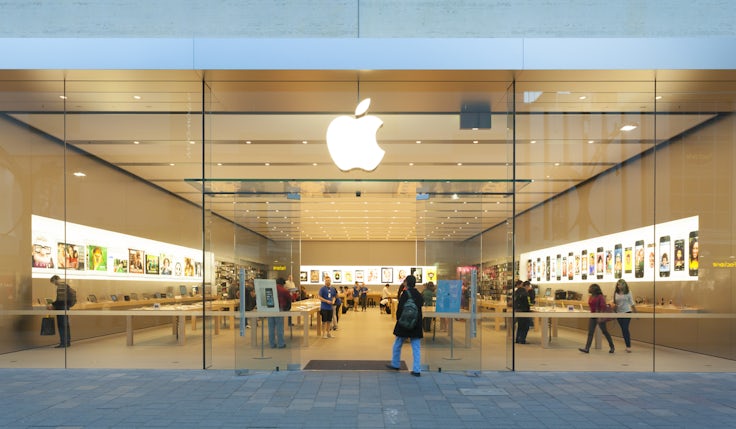Aviva, Diageo, Morrisons: 5 things that mattered this week and why
From Aviva’s new marketing strategy to Diageo’s stance on diversity and the first bans for online junk food ads – here’s everything that mattered this week in the world of marketing.
Aviva looks to shake up insurance marketing
No one really likes insurance, and this is a fact Aviva is all too aware of. From the lengthy (and at times ridiculous) quote process, to an often difficult claims procedure and companies’ habit of hiking prices when it comes to renewing, there is little love lost for the industry.
But Aviva is trying to change that by showing how it is working for consumers and addressing pain points. It has been working for the past three years on “disrupting itself” through a focus on data and technology, trying to reverse the work of the price comparison sites that have “conditioned customers not to trust insurers and to permanently shop around and just look at price”, according to brand and retail director Tom Daniell. And now in a new marketing campaign by adam&eveDDB pushing that message out to consumers.
That Aviva would want to move the discussion away from price isn’t a major surprise. Insurance companies are keen to improve loyalty and reduce churn, and so focusing on value-adds and service quality is an obvious move. What makes Aviva’s move different is it is really focusing on ways to innovate around the customer experience and it isn’t worried about disrupting itself, which gives its ‘Digital Garage’ team real teeth.
Daniell claims it is already seeing success – with the campaign leading to improvements in brand consideration and trading. But over the longer term it will be interesting to see if it can demonstrably move one key metric for the brand and the industry: trust.
READ MORE: How Aviva’s ‘Digital Garage’ is helping the insurance brand disrupt itself
ASA sends clear message on junk food ads

Exactly a year ago the ASA banned online junk food ads marketed to under-16’s. What did it do to mark the anniversary? It upheld the first rulings since their introduction with Mondelez UK, which owns Cadbury, Cloetta UK, which manufactures Chewits, and Swizzels Matlow, which produces Squashies, each having complaints upheld over their targeting of under-16s online.
The rulings coincided with the announcement that the Committee of Advertising Practice (CAP) are launching a review into how effective the rules have been. Of course, the rulings are purely coincidental but in a climate where high, fat, sugar and salt products (HFSS) are highly politicised it sends out a clear message — we are taking this seriously.
The government’s second obesity strategy, which was released last week, warned that the government is considering getting rid of self-regulation for advertising on the issue and proposed a 9pm watershed on HFFS ads on television.
The ad industry is obviously very concerned but it is still all to play for with neither campaigners or advertisers sure how the government’s consultations on the issue will go. One thing is clear junk food advertising will be making headlines for a while yet.
Tesco’s new plans for food waste and cashless stores

Whiffs of vegetable peelings, apple cores and cracked eggs at Tesco’s headquarters in Welwyn Garden City suggest that it could start selling meals made from edible food waste to customers in-store.
For the last few months, chefs have been busy concocting meals such as pea pod soup, vegan avocado cheesecake, bread and butter pudding and a salmon pithivier, all made from food the supermarket can’t sell.
When Marketing Week went to visit (and sample some of the results), the supermarket’s new chief customer officer, Alessandra Bellini, said Tesco will “ideally” bring the food to customers too – although it is unclear whether this would be on the shelves as ready meals or in the cafes, and where it would sit on the price scale.
Theoretically, it should be cheap. But if edible food waste becomes the new hipster demand, it could also come with a hefty price tag.
Tesco has also been trialling cashless stores in an effort to reduce queue time and improve security at the tills.
Average transaction time has been cut in half from 90 seconds to 45, Tesco claims, with a nationwide roll-out expected in due course.
On top of that, the HQ store is kitted out with a fresh orange juice machine that bottles and seals the juice in a matter of seconds.
Tesco might be on the way to solving checkout queue time, but judging by the excitement of the press, it’s going to have another queueing nightmare on its hands if this one hits the stores.
READ MORE: Tesco could start selling meals made from edible food waste
Diageo looks to drive change with its four-part diversity framework

Diageo has introduced a four-part diversity framework as it looks to drive change and break down some of the common barriers associated with representation, perception, agency and characterisation.
Relying on stereotypes is an easy shorthand for brands, but it is also lazy and boring. People want to see themselves represented in advertising, not various versions of the same pretty, slim, white model.
And while brands are making an effort to change things up, Diageo’s Gráinne Wafer, global brand director for Baileys, made a good point when speaking on a panel at the Diversity in Marketing and Advertising (DIMA) Summit on Monday (2 July).
She argued that while the industry is doing a good job at making women more prominent in advertising, the stories they feature in don’t have the depth and the character people demand. She urged marketers to take a “hard look” at themselves, because “that means women are being used to make a point rather than it being a great piece of content”.
And it’s true. Just because a women features in an ad doesn’t make it groundbreaking. Women should be treated the same as men in advertising and beyond so simply making it a numbers game won’t bring about change and could actually end up perpetuating the problem.
Wafer also shared that before any meeting with an agency she now asks to see their diversity plan, because while diversity is high on the agenda at Diageo, if the business continues to work with external parties that don’t give it a second thought nothing will ever change.
Changing practices within the four walls of a business is one thing, but influencing change on a wider scale takes a different approach and this is definitely a step in the right direction.
As Wafer said, it doesn’t matter if an agency is only 20% of the way there so long as they have a plan of action.
READ MORE: Diageo hopes to banish stereotypes with four-part diversity framework
Morrisons takes different approach with new TV ad
Morrisons’s newest ad for its ‘Makes It’ campaign, released this week, is a serious, arty departure from the song and dance we’re used to seeing.
The UK’s fourth largest supermarket has stepped outside of the store for a change and has instead chosen to focus on the farmers and local food makers that it works with. And with no mention of price or value.
By shining a spotlight on these people, Morrisons says it is looking to show the world “who it is” and highlight the “close relationship” it has with its suppliers – which only two years ago had been on the rocks.
Morrisons’s group marketing and customer director, Andy Atkinson, explains it is the same story the supermarket has been telling for the last three years, but just in a different technique.
He also says while the TV ad might feel like a step away from price, being value for money is still a “key ingredient” for Morrisons and it will be focusing on that through other forms of advertising.
Could it be that Morrisons is rolling its sleeves up in response to Tesco’s increased focus on the quality of its food, or a shoulder barge to Aldi and Lidl?
Whatever the reason, it feels like Morrisons wants to be taken seriously and be known for more than just the price of its food.
READ MORE: Morrisons looks to ‘show who it is’ in new TV ad that puts spotlight on suppliers






